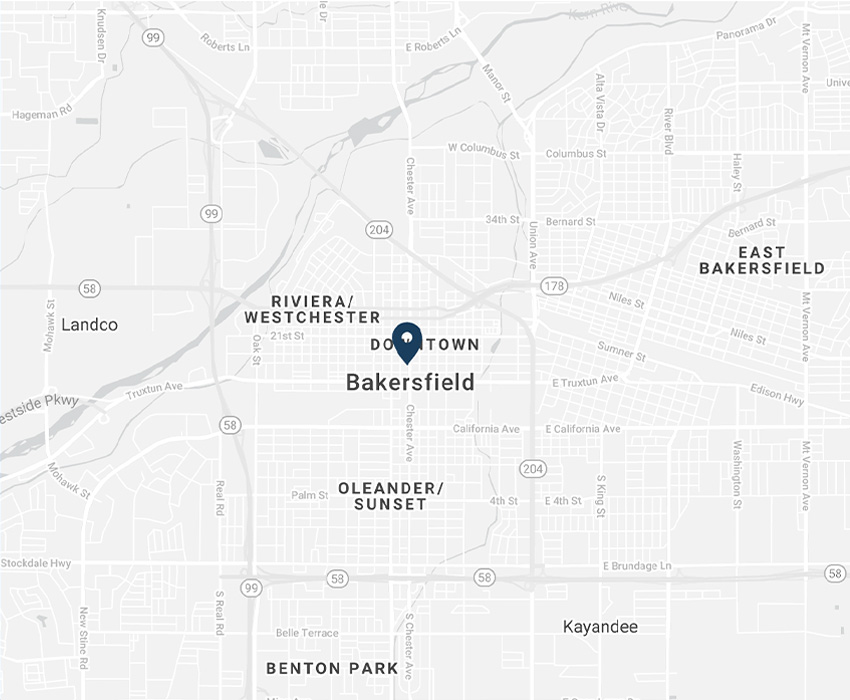Chain | Cohn | Clark attorney Neil Gehlawat speaks with media about hazing, provides prevention tips
September 10, 2014 | Article by Chain | Cohn | Clark staff | News & Media , Tips & Information Social Share

* Note: Neil Gehlawat is no longer an attorney at Chain | Cohn | Clark *
This week, eight members of the Taft Union High School varsity football team in Kern County were arrested for their alleged role in two separate hazing incidents in the locker room on two separate occasions, according to reports.
Police said four students were cited for battery and false imprisonment, three students were cited for battery and one student was cited for sexual battery. Police have not released any more information on the alleged incidences.
According to HazingPrevention.org, hazing is an act intended to cause embarrassment, harassment or ridicule and risks emotional or physical harm to members of a group or team, whether new or not, regardless of the person’s willingness to participate.
Bakersfield personal injury attorney Neil Gehlawat of Chain | Cohn | Clark spoke with local media about the case, about hazing, and shared that the school district could be held liable for the hazing depending on the circumstances.
“The charges are serious,” Gehlawat told Eyewitness News (KBAK-KBFX). “The culture of high school football is such that there’s some sort of a ra-ra culture about it, and at times it can get out of hand. It’s the coaches responsibility and supervisors’ responsibility to make sure that this culture doesn’t get out of hand and no one crosses the line.
“If I were a parent, I would want to know what happened, why did that happen, who knew about it, could it have been prevented, and if so, why it wasn’t prevented.”
View the full news segment with attorney Neil Gehlawat,
Bakersfield and Kern County have seen several hazing-related cases, which also garnered media attention. In 2011, Kern County prosecutors filed misdemeanor hazing charges against three men suspected of brutally beating fraternity pledges for a month. At the time, it was believed to be the first such filing ever in Kern County Superior Court. The personal injury case on behalf of the victim is ongoing.
And in 2009, a bullying/hazing case involving Stockdale High students led to a $260,000 settlement with the Kern High School District and the culprit’s parents. In that case, five students pinned the victim down, encased him ankles-to-shoulders in plastic wrap and bound him tightly with duct tape, including layers over his mouth. They mocked and threatened him for more than an hour. The students and their parents were held financially accountable for bullying allegations.
Hazing is a problem, and there are several things you can do to help prevent hazing.
- First, understand what hazing is and be able to recognize it.
- Second, take responsibility, when you see it occurring or when it happens to you, by speaking up and reporting it immediately.
- Third, make others aware of what hazing is and their responsibility for preventing it.
Coincidentally, Sept. 22 to Sept. 26 this year is National Hazing Prevention Week, which is an opportunity for campuses, schools, communities, organizations and individuals to raise awareness about the problem of hazing, educate others about hazing, and promote the prevention of hazing.
If you suspect hazing has taken place, it’s important to take these tips into account:
- Never downplay the situation. Treating the issue as a serious situation is very crucial, and will determine how the coaches, students and community will react to this situation.
- Never assume a case is an isolated incident. The probability of it being isolated is slim to none.
- Take the opportunity to redefine the coaches, faculty, administrators, and student’s cultural thinking.
At the same time, keep in mind that there are ways to prevent hazing, especially in school settings (courtesy of the Minnesota State High School League).
- Ask coaches and faculty what you can do to prevent this from happening at your school.
- Increase supervision, especially in locker rooms. Have the locker room remain locked unless a coach is available to supervise students.
- Instruct coaches and athletes that locker rooms are not a place for students to hang out.
- Make the subject of hazing a big part of the pre- and post-season meetings so that all boys and girls in all athletic events will have a chance to discuss it.
- Have regular meetings with administrators, coaches and faculty to talk about the issue and possible prevention tactics.
- Develop clinics that will help coach’s foster positive relationships and respect on their teams.
If you or someone you know has been hurt in a bullying or hazing incident, it’s also important to contact an attorney. If you have any questions about a hazing case, call Chain Cohn Clark at 661-323-4000.

